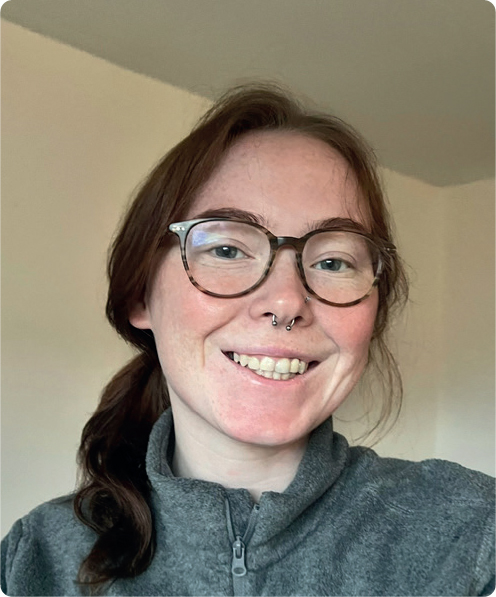
Towards the end of 2023, I found myself in ‘paramedic purgatory,’ which is the time from finishing university to starting on the road as a Newly Qualified Paramedic (NQP). After 3 years of study at Edge Hill University, I qualified as a Paramedic and received my HCPC registration. I thought I would be wearing my brand-new epaulettes fairly soon after this, but instead, I would face months off the ambulance waiting to begin a post as an NQP, which brought feelings of anxiety and other challenges. Would I be able to maintain the knowledge and skills I learned through my training? How would I achieve this? It's somewhat comforting that I am not the only one experiencing this strange break, as most of the UK's NQPs do too.
After finishing university, I returned home to Northern Ireland after living away for a few years. I adapted well to this change, but it was only natural that I had some anxieties as I had left my life in Manchester and the cracking clinicians I had the pleasure of training alongside, who ultimately became my support network. On top of this, I was unsure when I would become operational as an NQP due to limited funding for healthcare services, hindering recruitment in the ambulance service. Nonetheless, I was excited to be home and start a career with a new service and new people when the time came.
Of course, I took time to relax and celebrate achieving a BSc (Hons) in Paramedic Practice, which allowed me to enter the coming months with a clear head. I knew I had to be proactive with my time to maintain both professional and clinical competencies. I heard the phrase ‘practice makes perfect’ umpteen times as a student paramedic and it holds value; if you don't practise a skill, you will lose competency in it. Being a good paramedic is about being an effective communicator, whether that be with our patients during a history-taking or with another health professional during a clinical handover. To maintain this, I temporarily returned to my ‘pre-paramedic’ role in the patient transport service, which was extremely beneficial. I continued to be patient-facing, communicate with a range of patient groups and even practise moving and handling. It's all in the basics. Doing this allowed me to place my focus on good patient care, clinical decision-making and portfolio completion as an NQP.
This time was an excellent opportunity to revisit learning materials; in particular, anatomy and physiology, which I admit, I hid from since my first year at university. I also topped up my CPD and explored areas I had a keen interest in such as critical care, but it soon became monotonous; there were only so many podcasts I could listen to until information started pouring out of my ears. Therefore, I had to find an alternative yet effective method that would avoid burnout. Fortunately, at the time, the Northern Ireland Critical Care Symposium, organised by the College of Paramedics was happening in Belfast (how's that for good timing?). I probably resembled a lost puppy in a room full of people. However, that anxiety quickly settled as I gained new knowledge such as the workings of the Major Trauma Network in Northern Ireland and interacted with potential future colleagues, which would make joining a new organisation a little bit easier.
I'm still in ‘paramedic purgatory’ but it has reminded me that this career requires lifelong learning, which is one of the many reasons I chose to pursue it. To finish, at the time of writing this, I have been invited to an NQP recruitment…wish me luck!


